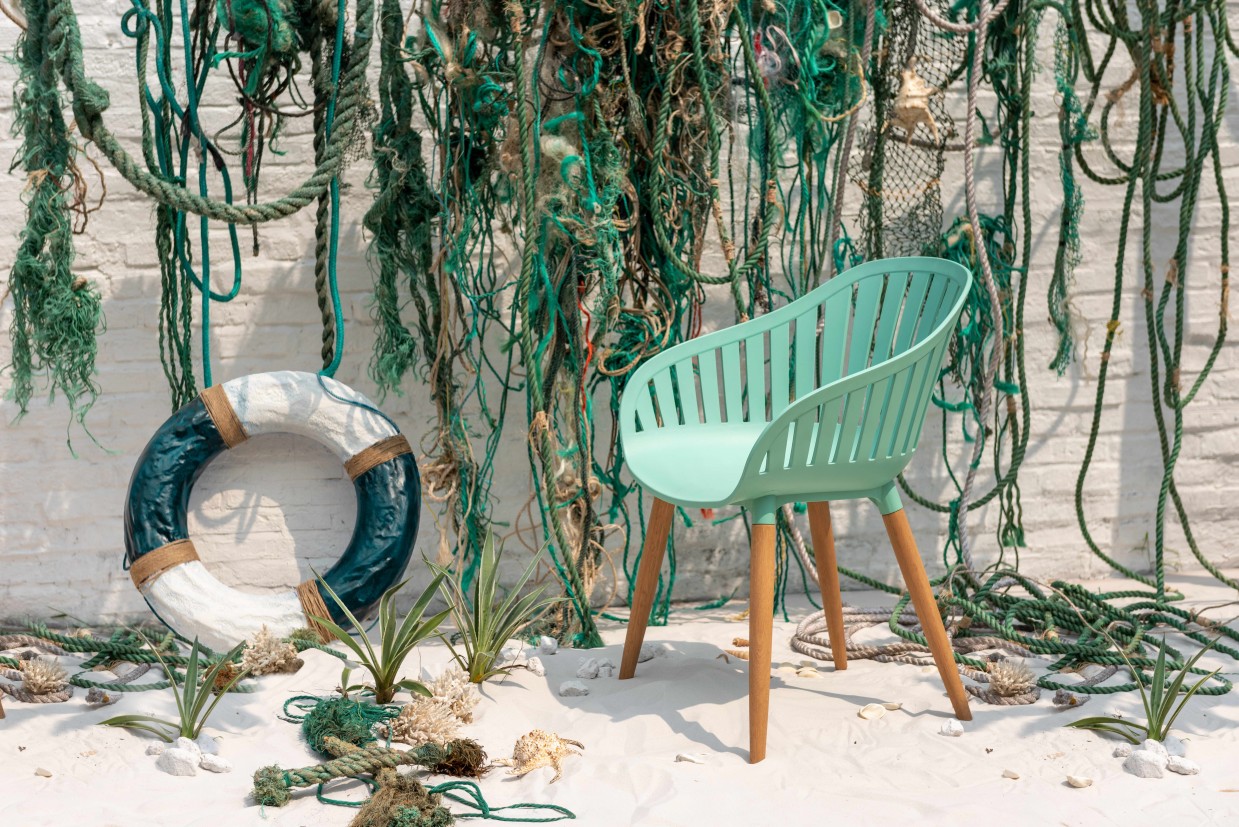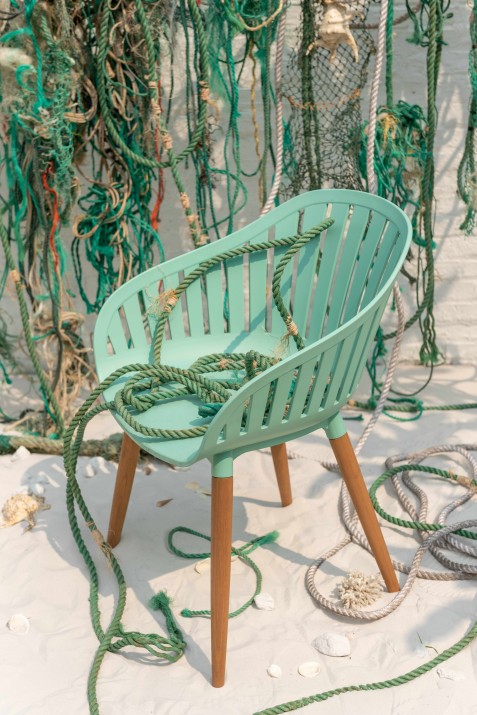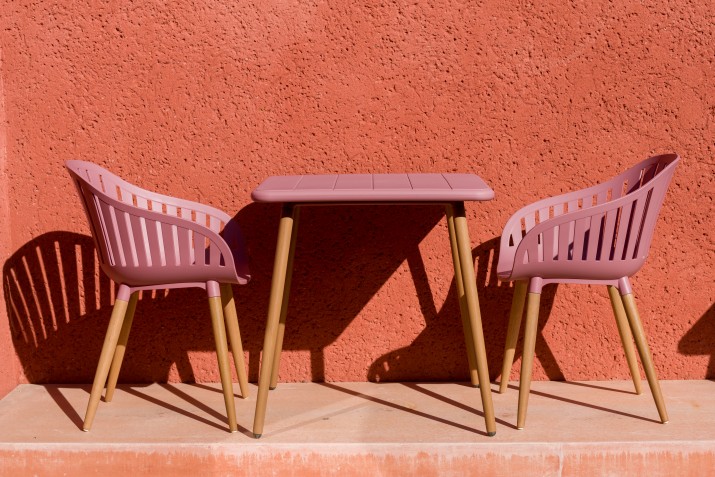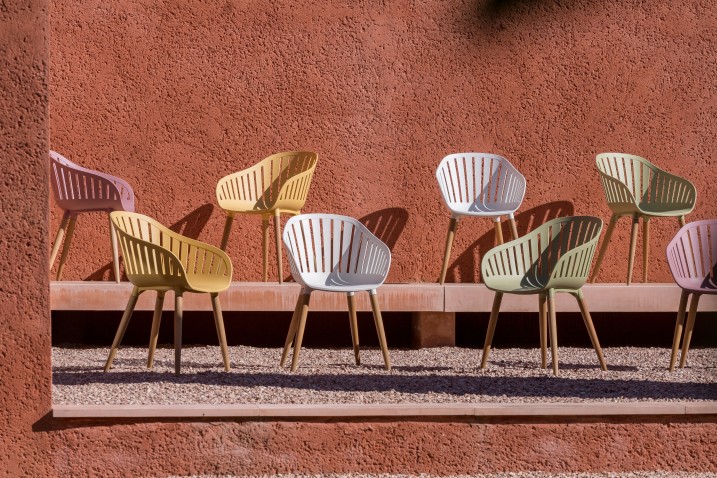
World Ocean Day (June 8th) is both a celebration and a call to action to help protect and restore our blue planet. Whilst the conservation of our oceans is a year-round concern, this day provides the perfect platform to reach out and raise awareness. You can support conservation initiatives and organisations in their efforts, but it is also important to make changes to your own lifestyle. So, why not look at ways you can close the loop to reduce waste and be more efficient? After all, our future is connected to one climate and one ocean.
Avoid single-use plastic
One of the biggest threats to our oceans is plastic pollution. This is not news but maybe you don’t think you’re part of the problem. The odd plastic water bottle you grab when you’re out won’t make that much of a difference and, surely, it’s the supermarket’s fault for wrapping food up in so much plastic – it’s not your responsibility, right? Wrong – there’s lots you can do to make a change.
- Invest in a re-usable water bottle (and remember to fill and take it out with you) – a great replacement for pesky plastic water bottles and will also save you money in the long run. There are plenty of places to refill your bottle and it’s a good reminder to stay hydrated.
- Opt for a travel tea/coffee cup – another quick and easy way to cut down on the number of plastic takeaway cups and lids that are discarded every year
- Say no to straws and plastic cutlery – most bars, restaurants and drinks brands are on top of this now and use paper straws and wooden or bamboo cutlery instead of plastic. However, there are still plastic versions out there, so be sure to steer clear and maybe even look at carrying your own.
- Remember your bags – keep re-usable shopping bags handy when you’re out to avoid having to use disposable plastic ones. Foldaway bags are ideal and can be popped into your pocket or handbag. If you do get caught out, spend a bit more on a ‘bag for life’ to take your shopping home. Often, these are made from recycled plastic, which is even better for the environment.
- Avoid groceries and goods with excessive plastic packaging – buy your fruit and veg loose (you don’t want them sweating in a plastic bag anyway), get bread from the bakery instead of pre-packaged sliced loaves and actively seek out products that use plastic-free and/or recyclable packaging.

Recycle, recycle, recycle!

There may be instances where you can’t avoid plastic packaging but, fortunately, there are responsible suppliers who are making great strides in ensuring the packaging they use can be recycled. Read labels carefully and make sure you recycle plastic correctly, whether via your curbside collection, by taking to your local supermarket for collection, or participating in recycling schemes, such as Terracycle. There are even initiatives that recycle lateral flow tests and face masks. BY drastically cutting the amount of plastic that gets sent to landfill or ends up as pollution in the world’s waterways, the brighter the future for our oceans and marine life.
Buy secondhand
Fast fashion and the desire to have the latest ‘in thing’ have led to a phenomenal amount of waste. The fashion industry accounts for 8-10% of global carbon emissions, which is more than all international flights and maritime shipping combined! Equally, piles of brand new plastic toys at Christmas are of no benefit to our planet. There are some fantastic websites for preloved clothing, toys, baby bits and furniture. Have a browse and see what sparks your interest. Keep the circular economy going by donating or selling your own preloved items. After all, one person’s rubbish is another person’s treasure.

Shop sustainably
Companies that continue to use excessive plastic packaging and sell poor quality products at bargain prices, feeding into a throwaway mentality, need to learn a lesson when shoppers boycott their products and stores. As a consumer, you can make more responsible choices when it comes to the products you buy and the brands you support, based on their environmental and ethical practices.
LifestyleGarden® places sustainability and the planet at the heart of everything it does. Since launching its pioneering DuraOcean® chair in 2019, helping to reduce marine waste, it has continued its mission to develop sustainable, recycled and recyclable materials for use in its outdoor furniture. The latest step in this ongoing journey is a partnership with Plastic Bank to create a range of furniture made from the ground-breaking Social Plastic. Doing much more than helping to clear the world’s waterways of plastic pollution, Social Plastic is a pioneering initiative that also helps to improve the lives of those who collect plastic waste for recycling, with a view to ending global poverty.
Plastic waste is converted into currency, where local Plastic Bank volunteers are rewarded with above-market bonuses for the plastic they collect. This collected plastic is then re-introduced into the supply chain, as Social Plastic feedstock and used to create products and packaging, the circular economy model is established, reducing the need for virgin plastic.
Find out more about Nassau powered by Social Plastic here.
